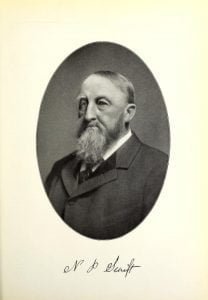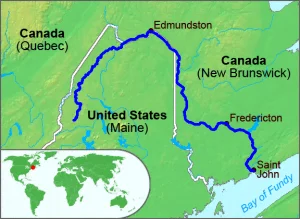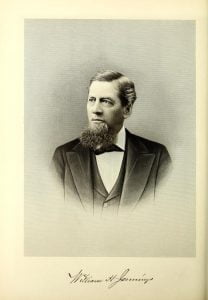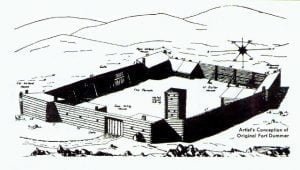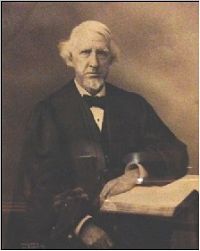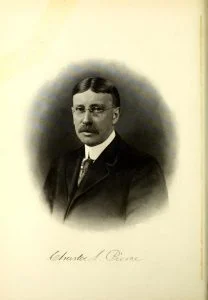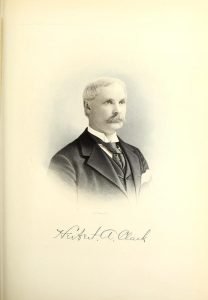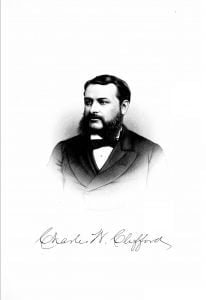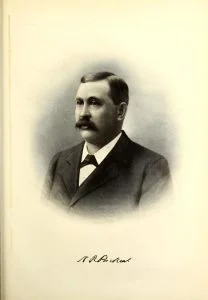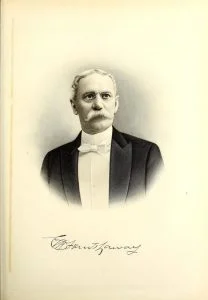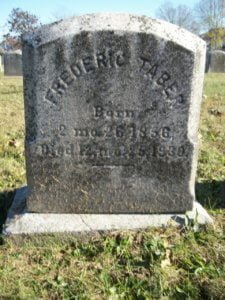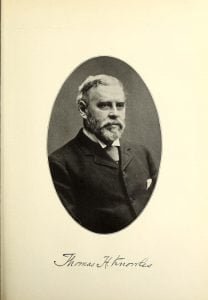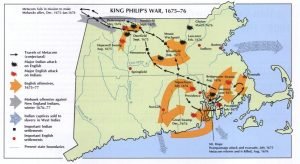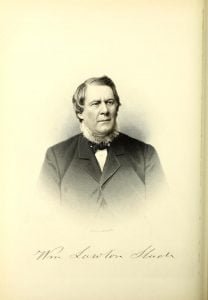Descendants of William Swift of Sandwich, MA
William Swift, the founder of the family on Cape Cod, was a native of Bocking, County of Essex, England, and came to New England in 1634, stopping first at Watertown, of which he was a proprietor in 1636. He sold his property there in 1637 and removed to Sandwich, where he spent the remainder of his life and where he died about 1641. His wife Joan bore him two children, William and Hannah, and after the death of her husband she married Daniel Wing, Nov. 5, 1642. She died Jan. 31, 1664.
William Swift (2), son of William, born in England, came to the New World with his parents and settled at Sandwich, Barnstable county. He represented his town in the General Court, 1673, 1674, 1677 and 1678. He died in the latter part of 1705.

